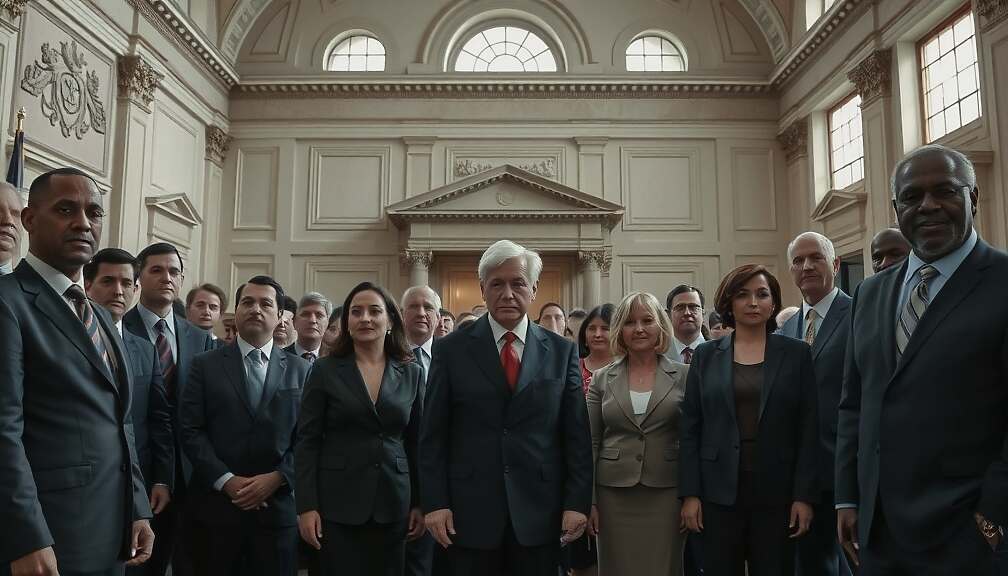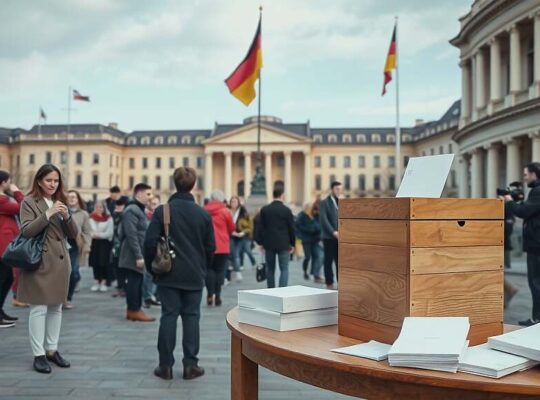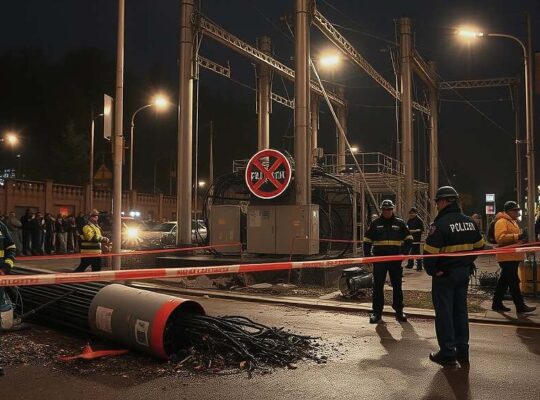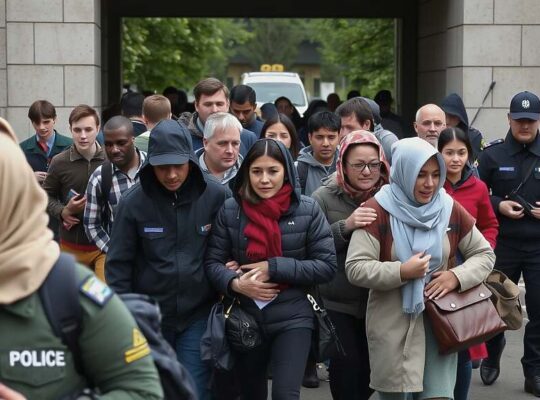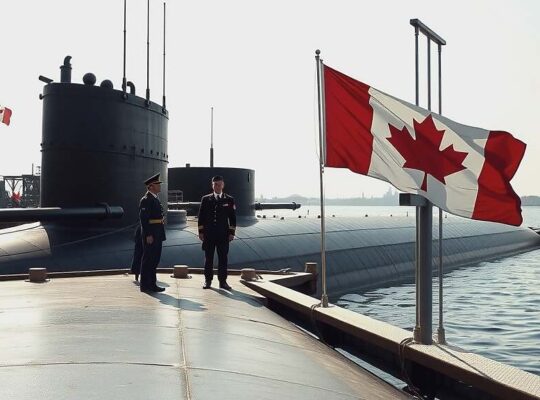The German Bundestag has established an inquiry committee dedicated to analyzing the response to the COVID-19 pandemic. The motion to form the committee garnered support from a broad coalition of parties, including the ruling coalition partners CDU/CSU and SPD, as well as the opposition Green Party and The Left. The AfD party largely opposed the initiative, with some members abstaining from the vote.
Unlike an expert commission, an inquiry committee incorporates both parliamentarians and independent experts. This committee will comprise 14 members of the Bundestag and 14 external experts. Representation within the parliamentary contingent will be distributed as follows: five members from the CDU/CSU parliamentary group, three members each from the AfD and SPD parliamentary groups, two members from the Green Party parliamentary group and one member from The Left parliamentary group. The selection of the 14 expert members will be a collaborative effort, facilitated by all represented parliamentary groups. The committee is mandated to deliver its final report by June 30, 2027.
During the debate, Hendrik Hoppenstedt (CDU) voiced opposition to a concurrent demand from opposition parties to launch a formal investigative committee specifically focused on the procurement of face masks during the time of then-Health Minister Jens Spahn. He argued that investigative committees are typically arenas for contention rather than vehicles for consensus or solution-finding. He emphasized the need for a collaborative approach to draw lessons and prepare for future challenges.
Stephan Brandner (AfD) echoed Hoppenstedt’s sentiment, asserting the redundancy of multiple investigative bodies. He argued that a formal investigative committee would be the appropriate avenue. Ates Gürpinar (The Left) countered, accusing the AfD of deliberately omitting any mention of the mask procurement affairs in their proposal for an investigative committee, instead favoring what he described as “incomplete narratives and dubious accounts.
Helge Limburg, a Green Party representative, called for the mask procurement investigation to be pursued through alternative channels, underlining the importance of recognizing diverse perspectives and experiences.
Lina Seitzl (SPD) emphasized that the purpose of the inquiry committee is not to assign blame, but to learn from the pandemic experience. She expressed hope for a final report demonstrating the capacity of Germany’s democratic processes to engage in self-reflection, acknowledge successes and failures and propose improvements to better prepare for future crises.


